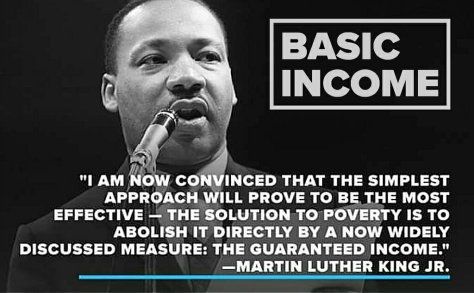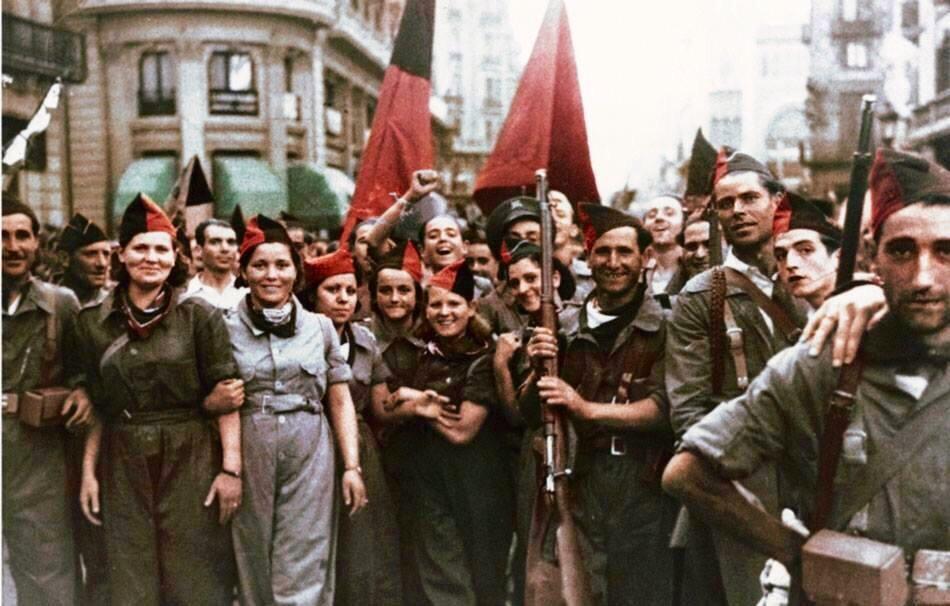
The sky and water are crisp and clear, as Autumn mornings crossing the New York harbor should be. I leave the Staten Island Ferry and see the beggars out in force this morning. More aggressive today, they insist on a toll to pass into the subway. I avert my eyes and tiptoe around them. There but for the grace of God…
It doesn’t have to be this way. Business Insider reported on October 9, 2020 about a Canadian study where $7500 was given to 50 people between the ages of 19 and 64 who recently became homeless. Did they use the money to binge on their favorite drug? No. It was spent on food, rent, and transportation. Many moved into housing over the course of the year. Spending on drugs, cigarettes, and alcohol went down by 39%. On top of all that the shelter system saved $8100 per person.
We need to fiercely imagine a livable future if there is any hope of getting out of this mess. We are hypnotized by a seemingly iron law of nature that the only way we can survive as individuals is to make our labor power valuable enough that someone will buy it, enabling us to live. We are commodities, the market value of our labor is the measure of our worth. Wage slavery is our life, we are Sisyphus doomed to eternally roll the rock up the hill, that is, if we are even lucky enough to be a wage slave.
We need to find a way to decommodify labor, and unhook it as a measure of human value. Universal basic income is a step in that direction.
This pandemic has accelerated the trend toward massive structural unemployment. That means that the economy no longer needs millions of workers. Workers who may face a lifetime of unemployment. And yet the economies of the world are producing as much as before. Thomas Piketty notes in his Capital in the 21st Century that in 2012 the world GDP was 71 trillion euros. This amounts to 10,000 euros for every man, woman, and child on the planet. In 2017 it was 80 trillion. Less and less people are needed to produce more and more, thanks to AI and robotics.
So what would happen if income from that 80 trillion procured the basic needs of every human: housing, healthcare, food, without the need to have a job? Basic needs, no frills. The bare minimum.
On the other hand, who would pick up NYC garbage if they didn’t need the job? Here’s the key to decommodify labor. UBI is a step into what Marx called the “realm of freedom” whereby productive activities are no longer a necessity forcing us into wage slavery. Labor becomes voluntary. So then, WHO will pick up the garbage? As we are still in a capitalist system, supply and demand still operates. If the supply of sanitation workers become scarce, their price goes up. People who volunteer to work in the Sanitation Department would be paid more to do unpleasant work. They would not be forced to do so out of desperation. In time, people will find a balance between doing what they love and supplementing their basic income.
How will we pay for it? The stimulus money sent out by the federal government gives us a fleeting glimpse of the possibilities. The Federal Reserve System, the creator of money in the US, is slowly revealing itself to be the master conjurer of this mystical entity, money. It’s a social construct, which can be reconceived for the benefit of all.
We can do it.















